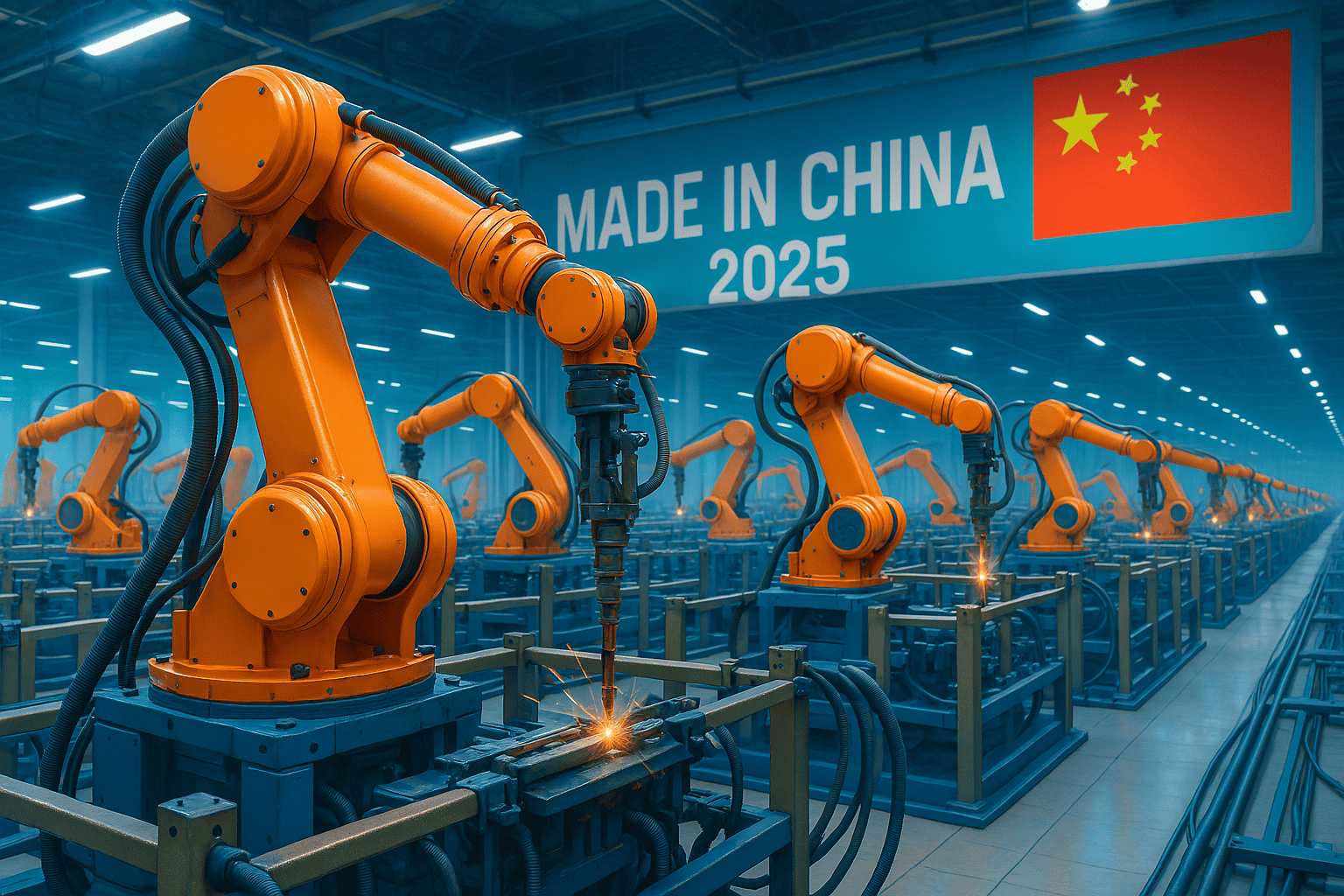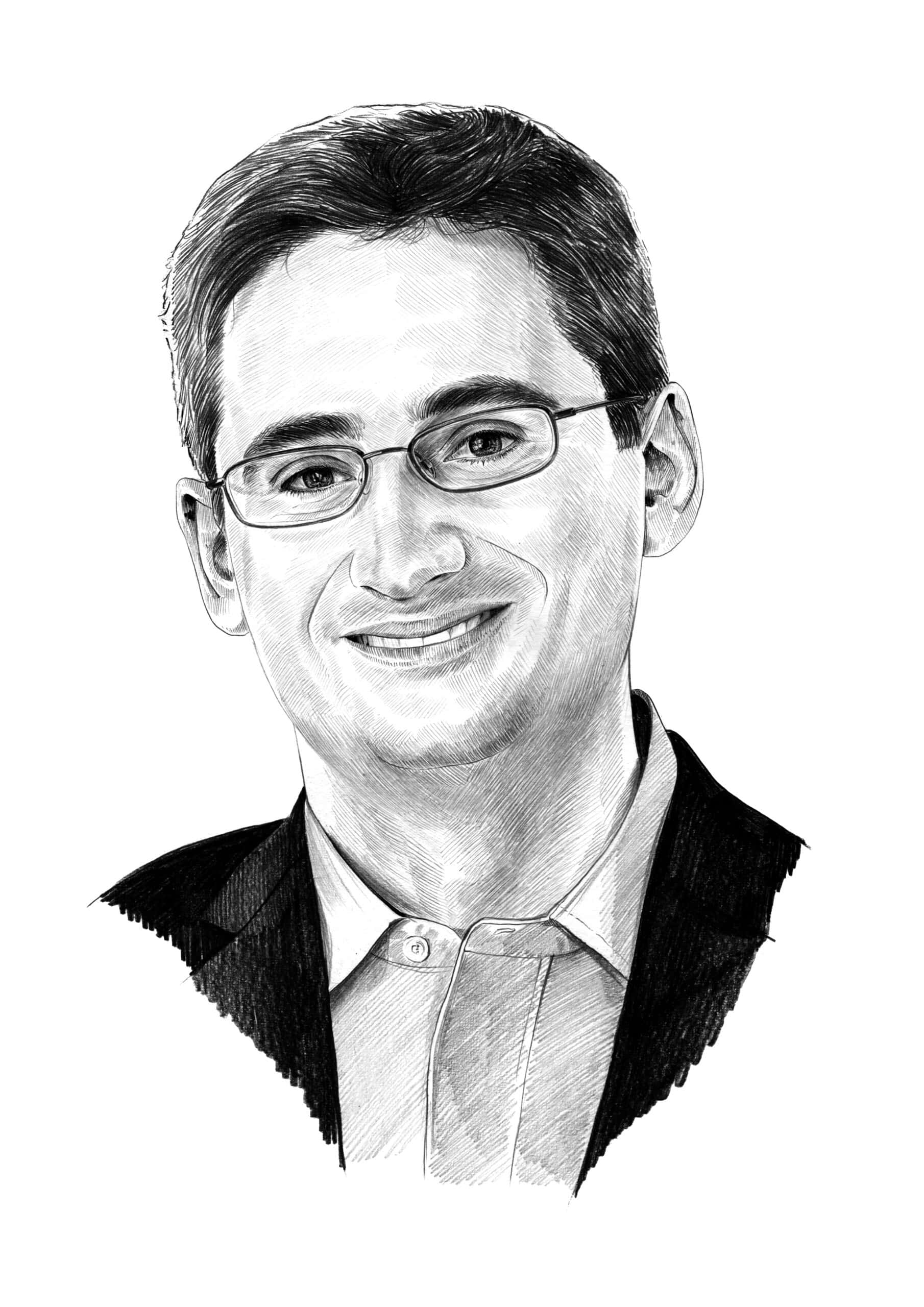Bob Davis and Lingling Wei are award-winning journalists at The Wall Street Journal, and authors of a new book, Superpower Showdown: How the Battle Between Trump and Xi Threatens a New Cold War, which was published this month by Harper Business. The book describes in great detail the battle that was touched off soon after President Trump took office. And it ends with the sudden expulsion of Wei, an American journalist, along with other American journalists, from China. What follows is a lightly
LISTEN NOW
Face-Off: U.S. vs. China
A podcast about the turbulent relationship between the world's two superpowers, the two men who run them, and the vital issues that affect us all.



